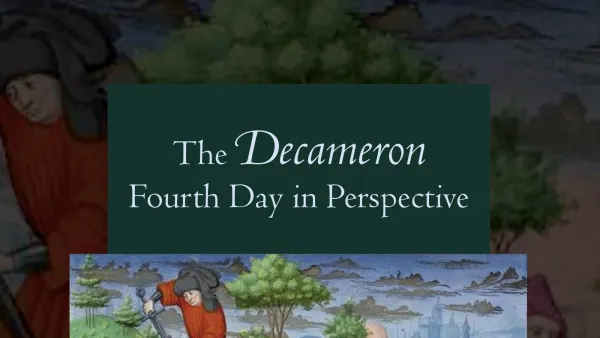Professor Sherberg’s areas of interest include Italian literature of the Middle Ages and Renaissance, as well as Italian prose after the Unification, particularly children’s literature.
He has published articles on Boccaccio, Boiardo, Tasso, and Machiavelli, the canti carnascialeschi tradition in Florence, and the Italian questione della lingua. He is the author of Rinaldo: Character and Intertext in Ariosto and Tasso (Anma Libri, 1993) and The Governance of Friendship: Law and Gender in the Decameron, which The Ohio State University Press published in 2011. He published an edition of Tasso’s Rinaldo with Longo Editore in 1990, and the volume Approaches to Teaching Collodi’s Pinocchio and Its Adaptations for the MLA’s Approaches to Teaching World Literature series in 2006. During the 2006-2007 academic year he was a senior fellow with the National Endowment for the Humanities.
Recently he edited (with Victoria Kirkham and Janet Smarr) Boccaccio: A Guide to the Complete Works, (University of Chicago Press, 2013). He is also completing a translation of Jacopo Passavanti’s Specchio della vera penitenza for the Da Ponte Library series published by the University of Toronto Press, and he has begun work on a book manuscript titled Per efficacissima signa: Ethical Readership from Dante to Ariosto.





